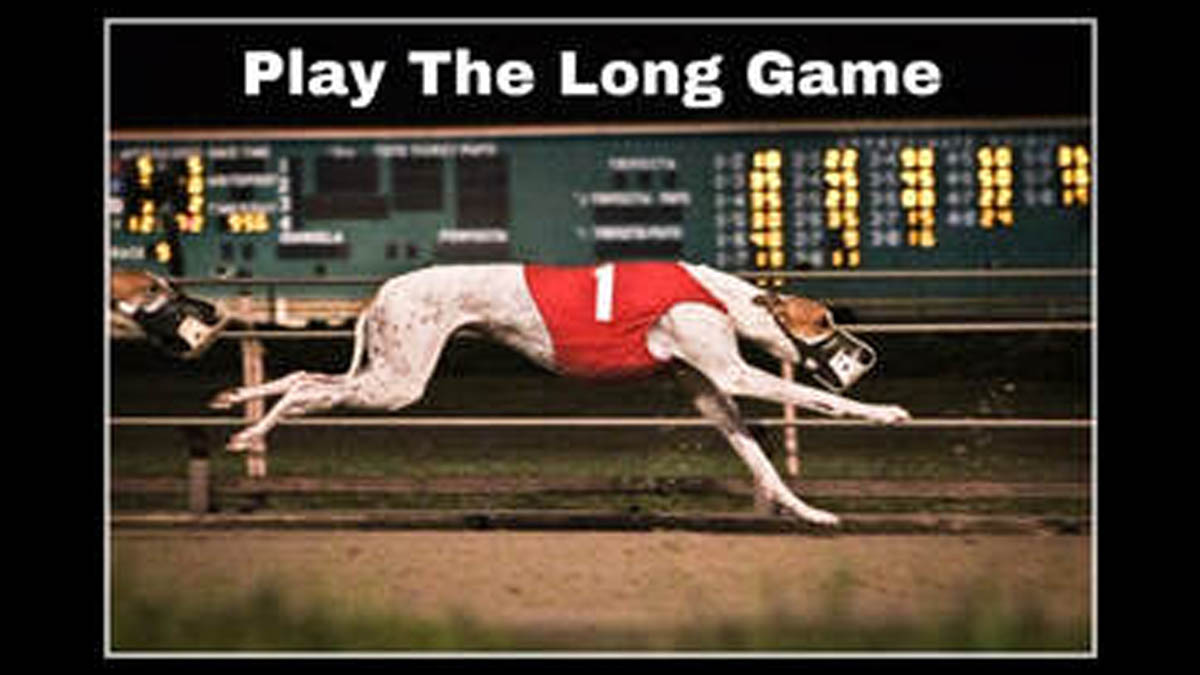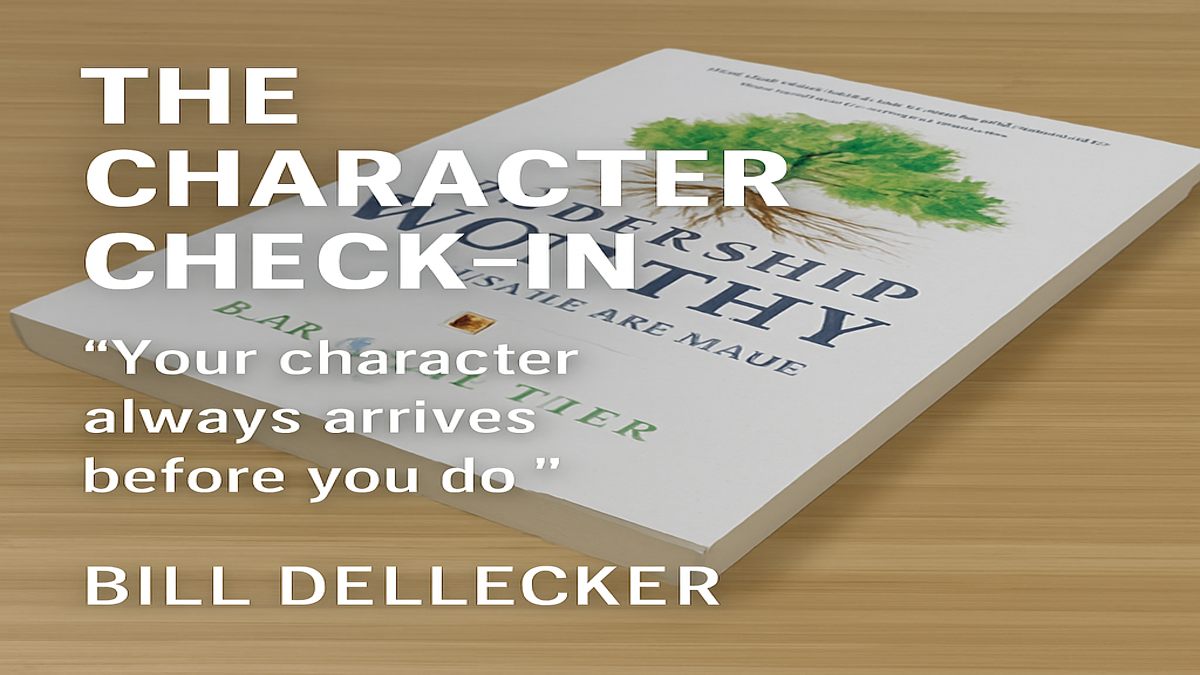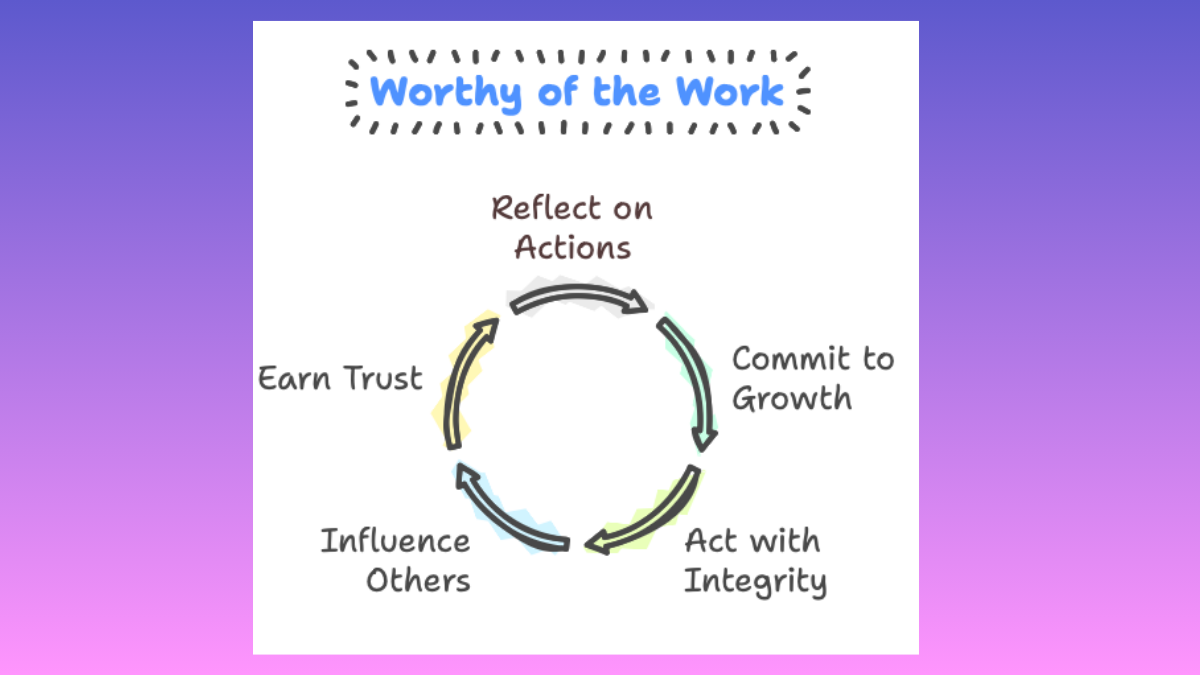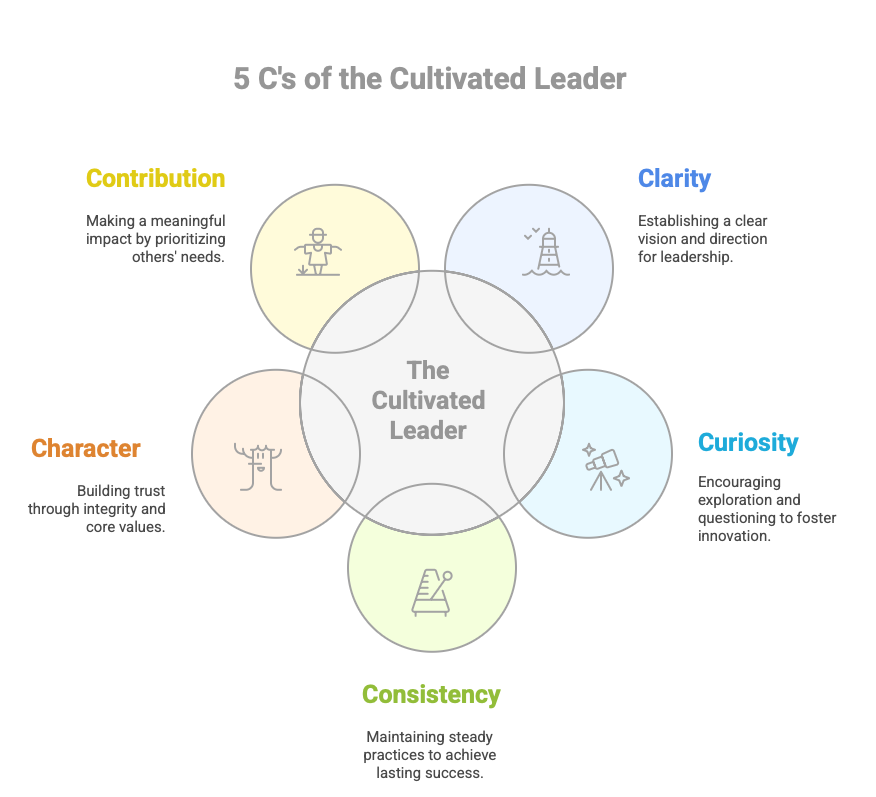The Long Game

It can be tempting to pursue the quick fix or the easy option, to play the short game. If what’s at stake is truly important, however, it’s wiser to play The Long Game.
The short game requires quick reflexes. The long game requires strategy. Some combination of the two can prove useful, according to circumstances, but your long game strategy will inform your short game responses. That is, if you have one.
There was a time in business, not so very long (game) ago, that market dynamics generally didn’t shift very quickly and business leaders could “see” further ahead. A three, five, or even ten year plan seemed plausible. However, in any three year period since 2000, if you relied upon a plan you crafted even two years earlier, you might find yourself in the wilderness without a compass (or working GPS!). As a result, your long game plan needs to be iterative and updated annually, but you still need one.
For example, consider what critical resources fuel your business activities. They may be raw materials coming through a supply chain, or they could well be personnel needs; all businesses depend upon a reliable supply of the essential inputs that enable them to fulfill orders, make customers happy and grow. If the supply of that critical resource is constrained or, worse yet, cut off, what happens?
Let’s follow the human thread for a moment. Suppose you are suddenly faced with an extreme seasonal labor shortage due to adverse changes in a government program? Some short game scenarios might be to place employment ads on every telephone pole in town, announce hiring bonuses, hire recruiters, attempt to pirate workers from other firms for higher pay, or even cut production and refuse new work.
The long game strategy would be to pull out your written seasonal hiring plan and review all of the components. If one component falls out, consider how you can leverage the others. Engage your employees in helping you find solutions and put even greater effort into making your company an employer of choice. Everyone is more powerful than any one.
Focus on longer-term solutions that will reduce dependence on one element and de-risk your business. Play the long game, while doing whatever is necessary in the short-term to keep things going.
The essence of playing the long game is forward thinking and continuous improvement. Your ability to adapt to changing circumstances depends on whether you subscribe to the view that “It is what it is.” or decide instead that “It will be what we make it.” The latter is what it means to play the long game.
Tempus Maximize





